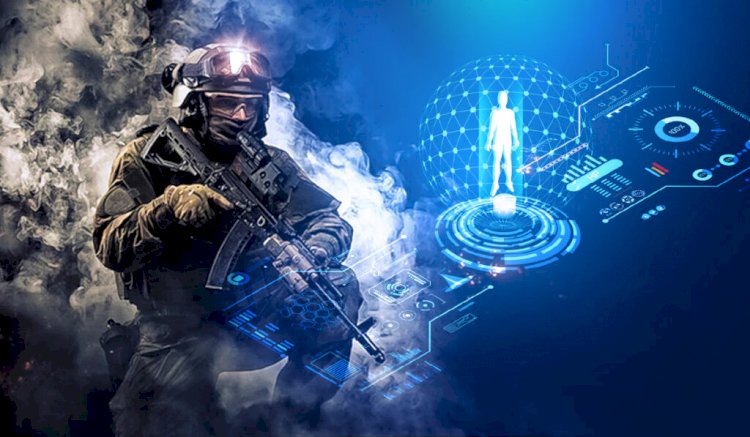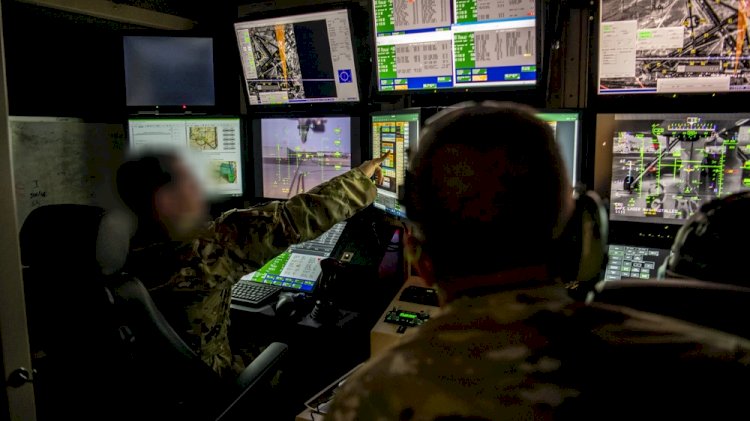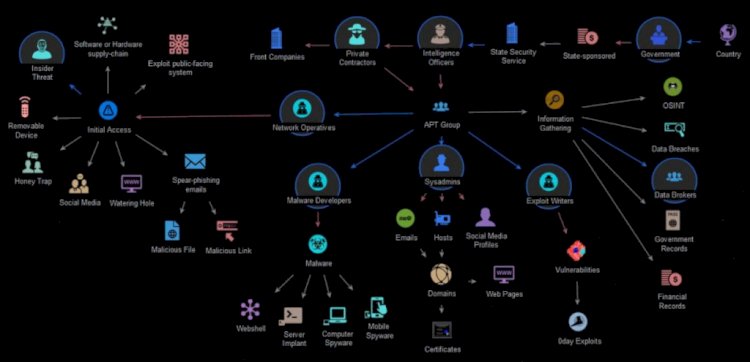Artificial intelligence | Defense Sector
Artificial intelligence and military field

The development of technology, so to speak, penetrated the environment of the army and took one of the leading roles in the military industry, the main task of which is the development of the military technological infrastructure and the in-depth study of AI technology, which will support the automation processes of military technology.
The disarmament director of the Austrian Ministry of Foreign Affairs talks about autonomous weapon systems (AWS). According to him, the technology is developing much faster than the regulations governing it. "That window [for regulation] is closing fast."
A dizzying array of AI-assisted tools are under development or already in use in the defense sector in various countries.
The German arms manufacturer said there is no limit to the level of autonomy for its vehicle, which can independently detect and destroy targets. In other words, it is up to the customer to decide whether or not the machine will open fire without human intervention.
Israel also pointed out an interesting fact that Israeli weapons systems previously appeared to identify people as threats based on the presence of firearms - although such systems can, like humans, make mistakes in detecting threats.
And Australian company Athena AI has presented a system that can detect people wearing military uniforms and carrying weapons and then place them on a map.

Information technologies and the main direction of cyber security in the military field have the character of information processing, intelligence and communication.
One of the companies involved in military logistics is C3 AI. It's primarily a civilian technology firm, but has applied its tools to the US military, such as testing AI drones, robots and other devices. For example, C3 AI predictive maintenance for the US Air Force integrates a wealth of data from inventory, service histories and tens of thousands of sensors that can be configured, attached or installed on a single bomber.
"To ensure that the speed and processing power of artificial intelligence does not overwhelm human judgment, the Stop Killer Robots campaign is seeking an international legal treaty that would "provide meaningful human control over systems that detect and apply force based on target sensor inputs rather than direct human command." - Published by the BBC






























